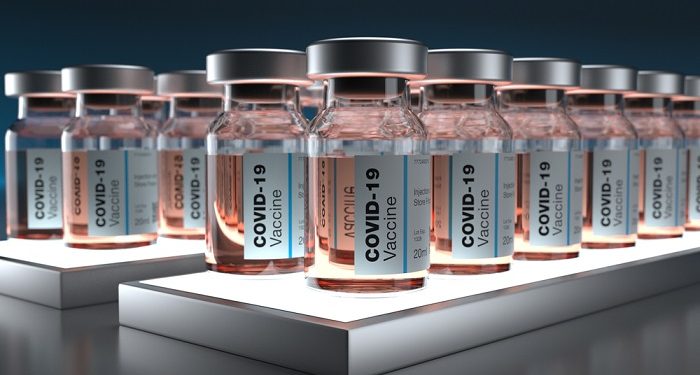New technologies developed to produce Covid vaccines could lead to a cure for heart attacks and a vaccine which offers lifetime protection from HIV, according to a report from Allianz on how Covid-19 accelerated the future of healthcare.
The report reveals that as soon as mRNA technology was shown to be reliable in producing effective Covid vaccines, researchers realised that many other diseases and conditions were likely candidates for mRNA-based treatments.
It added that thanks to a breakthrough created by applying the genetic mRNA technologies, heart tissue damaged during heart attacks is now being successfully regenerated in animal trials.
This breakthrough is likely to lead to the world’s first cure for heart attacks and it is being developed by researchers at King’s College London.
Scientists have identified key genetic codes – called microRNAs – which produce proteins that stimulate the creation of healthy new heart cells. These microRNAs can be delivered directly to the heart muscle following a heart attack, by deploying mRNA technology similar to that used in the Pfizer and Moderna Covid vaccines.
Without the intervention of mRNA-based therapies the human heart has no natural ability to repair itself and heart attack victims are left with permanently damaged tissue.
This often leads to debilitating and potentially deadly heart failure so the new mRNA treatment has the potential to transform cardiovascular medicine and it is likely to prevent millions of future heart attack victims developing heart failure.
HIV vaccine
But the report adds mRNA technology also has implications for treatment of HIV as Moderna has begun a trial for an HIV vaccine that relies on the same mRNA technology as the Covid jab.
The report adds that should the company prove successful, a one-off jab will offer lifetime protection from the virus that can lead to the development of AIDS.
And the same mRNA technology is also being studied to see if it could help control conditions that are normally treatment-resistant such as rabies, zika, cytomegalovirus, herpes and cancer of the colon, skin, breast and other parts of the body.
Moderna alone is developing trials for at least 30 other mRNA-based treatments in six different disease categories.






